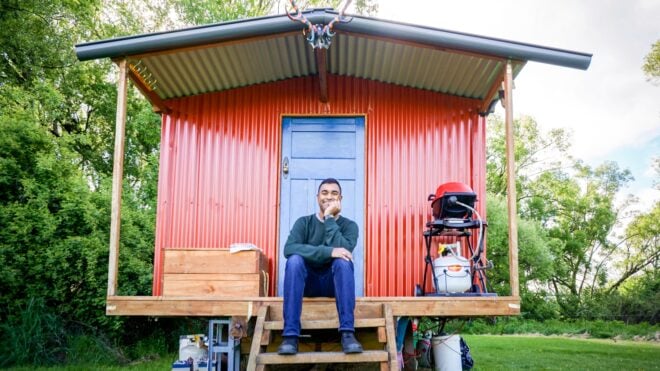
IN THIS ARTICLE
July is BIPOC Mental Health Awareness Month and with the continued unrest in communities across the country, the timing of it could not be more fitting. When it comes to evaluating how well the country is addressing mental health, the disparities among BIPOC individuals are staggering.
“With so much racial trauma happening currently, it’s more important than ever that Black people and other people of color recognize the impact that racial trauma can have on their mental health, including increased stress and depression, feelings of uncertainty and more,” psychiatrist Dr. Janet Taylor explained to nonprofit health site Centerstone.
For BIPOC Mental Health month in 2022, we must continue to educate ourselves on issues related to mental health, and we must find ways to devalue stigmas related to mental health and begin valuing those who endure mental health hardships.
Minority Mental Health Awareness Month: How it began

Bebe Moore Campbell, a New York Times bestselling author, journalist, and activist, fought to bring the battle of mental health and BIPOC people to the forefront. As the national spokesperson for the National Alliance on Mental Health Awareness, it was through her and health advocate Linda Wharton-Boyd’s efforts that in 2008 the Mental Health Awareness Month was inaugurated. "We need a national campaign to destigmatize mental illness, especially one targeted toward African Americans," Campbell stated when speaking about the first Mental Health Awareness Month. "It’s not shameful to have a mental illness. Get treatment. Recovery is possible."
By shedding light on how shame pervades those who experience difficulties with mental health, we can end the stigma of mental illness.
Mental Health Stats: Quantifying the need

The prevalence of mental illnesses among marginalized individuals is not elusive. Here is what you need to know about the percentages of BIPOC individuals suffering from mental health issues. The National Alliance on Mental Illness breaks down the numbers.
1. The percentages of BIPOC individuals suffering from mental health is sizable.
While 22.6% of white individuals experience mental illness, those of two or more races endure mental illness at 35.8%. For Blacks the percentage is at 17.3%, and for Hispanic or Latinos, the percentage is 18.4%. Within the Asian communities, 13.9% experience mental health struggles.
2. The proportion of BIPOC individuals receiving treatment is less than half.
Despite 51% of whites obtaining treatment for mental illness, only 43% of those who are of two or more races receive treatment and from there the numbers decrease even more. 37.1% of Blacks, 35.1% of Hispanic or Latinos, and 20.8% percent of Asians receive treatment.
The data does not stop there and unfortunately, the issues surrounding BIPOC individuals and mental illness is even more dire.
Issues: Access to health care

Aside from racial discrimination, what also largely affects the BIPOC community is the stigma attached to mental illness.
"While everyone — all colors, everyone is affected by stigma — no one wants to say 'I'm not in control of my mind,'” Campbell shared in a statement quoted by Mental Health of America. She went on to say how the burden of stigma especially hits the BIPOC communities. “But people of color really don't want to say it because we already feel stigmatized by virtue of skin color or eye shape or accent and we don't want any more reasons for anyone to say, 'You're not good enough.'"
3. Cultural stigmas about mental health prevent people of color from getting help.
Across many cultures, it can be shameful to express mental health struggles.
Award-winning actress and mom Viola Davis has been an advocate for mental health awareness as she has suffered from it herself. “I myself suffer from anxiety and there is much stigma when you are not perceived as a 'strong' Black woman. But … let's redefine strength … as vulnerability …,” Davis boldly expressed on Twitter.
Having people of color speak out on what it really means to experience mental health struggles will lead to destigmatization.
4. Racial discrimination creates a space for unseeing mental illness in BIPOC communities.
In recent studies, it was revealed how medical professionals did not see the gravity of the mental health needs of BIPOC patients, and so those needs were never addressed nor acknowledged.
4. Access to care among BIPOC individuals varies.
Those of lower income who may be at a higher risk of needing services may not have adequate health care or they may not have access to health care at all.
5. Inferior care due to a lack of understanding.
Low percentages of mental health care workers being of color result in BIPOC receiving care from individuals who may not understand their needs, which can result in cultural insensitivities.
How do I get the help that I need?
Fortunately, there are several organizations that have created online databases that help individuals get the help that they need:




